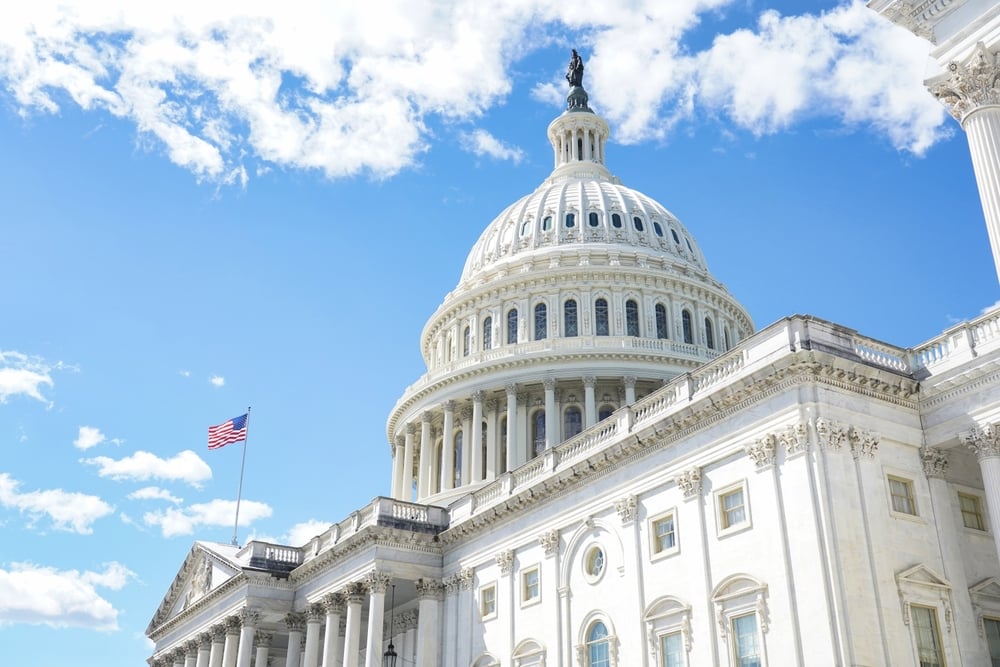Publisher: Maaal International Media Company
License: 465734
In the Kingdom of Saudi Arabia
40 Measures to Address Investment Difficulties
The National Investment Strategy proposes as many as 40 measures, aimed at addressing and resolving the Kingdom’s investment difficulties, including special incentives for investors.
Basic incentive packages will be awarded to investments that match a set of criteria, while incentive packages for private projects will be granted to some investments, according to the National Investment Strategy.
Finance incentives, financial incentives, tax incentives, regulatory incentives, and service incentives are all based on the interest that the Kingdom will receive from its attraction, both of which are subject to local regulations and international obligations and include financing incentives, financial incentives, tax incentives, regulatory incentives, and service incentives.
Investment incentives will be examined and awarded through newly approved governance, in accordance with worldwide best practices, ensuring that they are effective and efficient, in fulfilling the Kingdom’s investment objectives.
The Special Economic Cities and Zones Authority, in the Kingdom, in collaboration with the Saudi Ministry of Investment, is striving to construct a series of special economic zones, across the Kingdom.
اقرأ المزيد
These zones will offer incentives and competitive procedures to help attract foreign direct investment, advance economic growth, localize skill development, and create new job opportunities in a variety of industries.
As part of the strategy’s first track initiatives, the Kingdom of Saudi Arabia plans to build four to five special economic zones.
These zones will offer investors a variety of attractive incentive packages, that are specific to the region and largely focus on export-related developments.
While global value chains are being reshaped in the aftermath of the Covid-19 pandemic to improve efficiency and proximity to markets, the Supply Chain Transfer Program aims to attract a number of global value chains, by providing an attractive investment environment, keeping in mind that investors make supply chain moves based on strong long-term business prospects.
The goal of the program is to attract investors by leveraging and enhancing the Kingdom’s competitive advantages, particularly its unique placement on global transportation routes.
Diversifying investment financing sources is one of the initiatives, as the strategy’s financing pillar aims to diversify investment financing sources through mechanisms, such as expanding models for financing partnerships between the government and the private sector, such as joint investment by the Public Investment Fund with the private sector, and establishing development financing funds dedicated to supporting sectors.
The Ministry of Investment plans to form a new advisory board to address the issues and opportunities that impact the Kingdom’s investment landscape and seek to alleviate the problems that investors face.
Executives from international and local companies, as well as high-ranking government officials, will serve on the board.
The new body’s goal is to build a partnership between the public and private sectors to enable and develop investments.
This will be accomplished by institutionalizing private sector participation, increasing investor confidence and improving the business environment, addressing private sector concerns and overcome obstacles, and making recommendations to government agencies.
The Large Corporate Investment Program (Partner), which was launched at the beginning of this year, will accelerate the development of the private sector into a vibrant integrated system by including major companies, in the process of identifying opportunities for public-private partnership.
A committee led by HRH Crown Prince Mohammed bin Salman bin Abdulaziz will oversee the program.
The program aims to improve cooperation between the Kingdom’s most prominent private sector companies, in order to accelerate the pace of business in their projects and local investments by providing benefits and incentives, as well as removing barriers to their expansion and unleashing their businesses’ regional and global competitive potentials.









